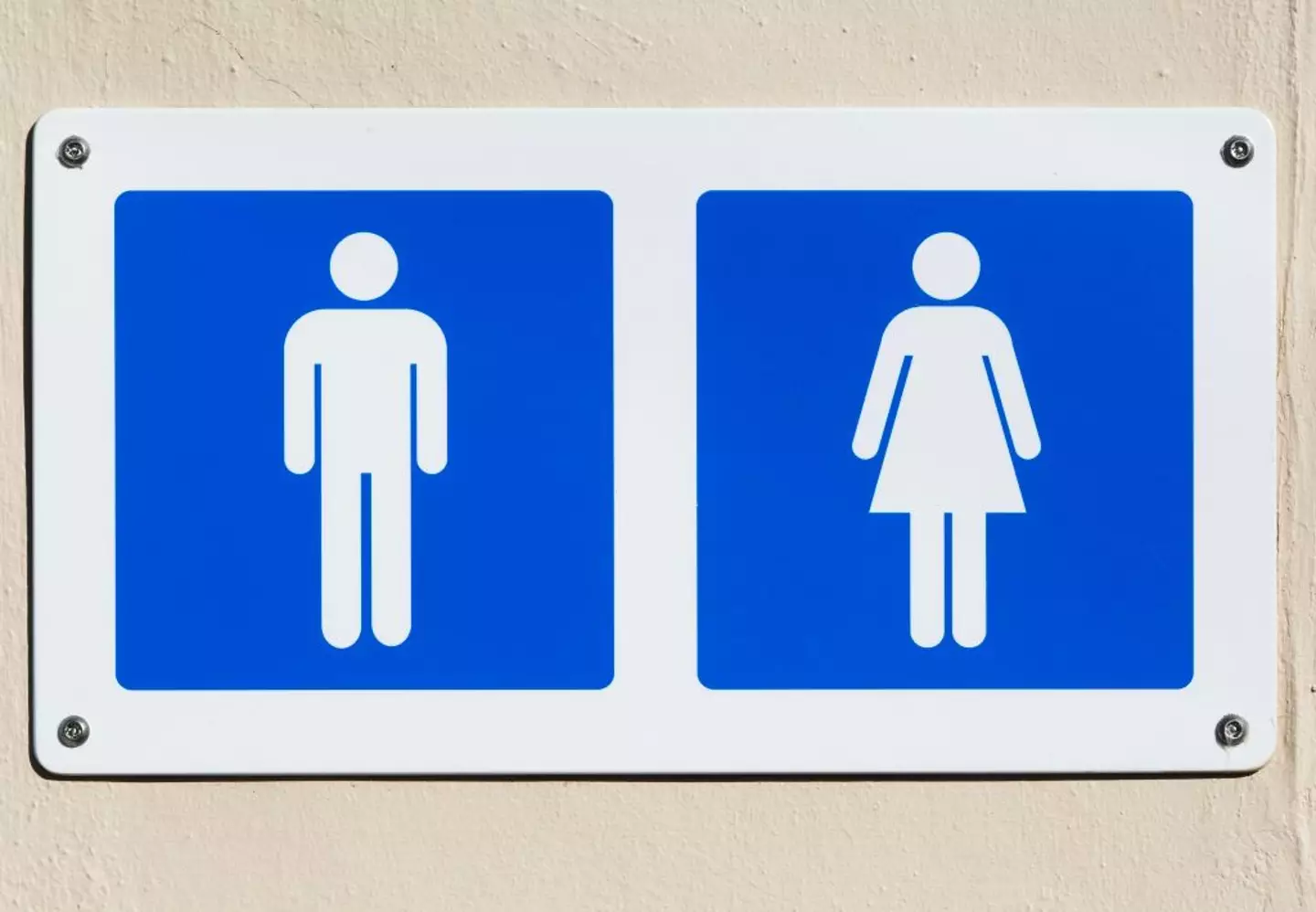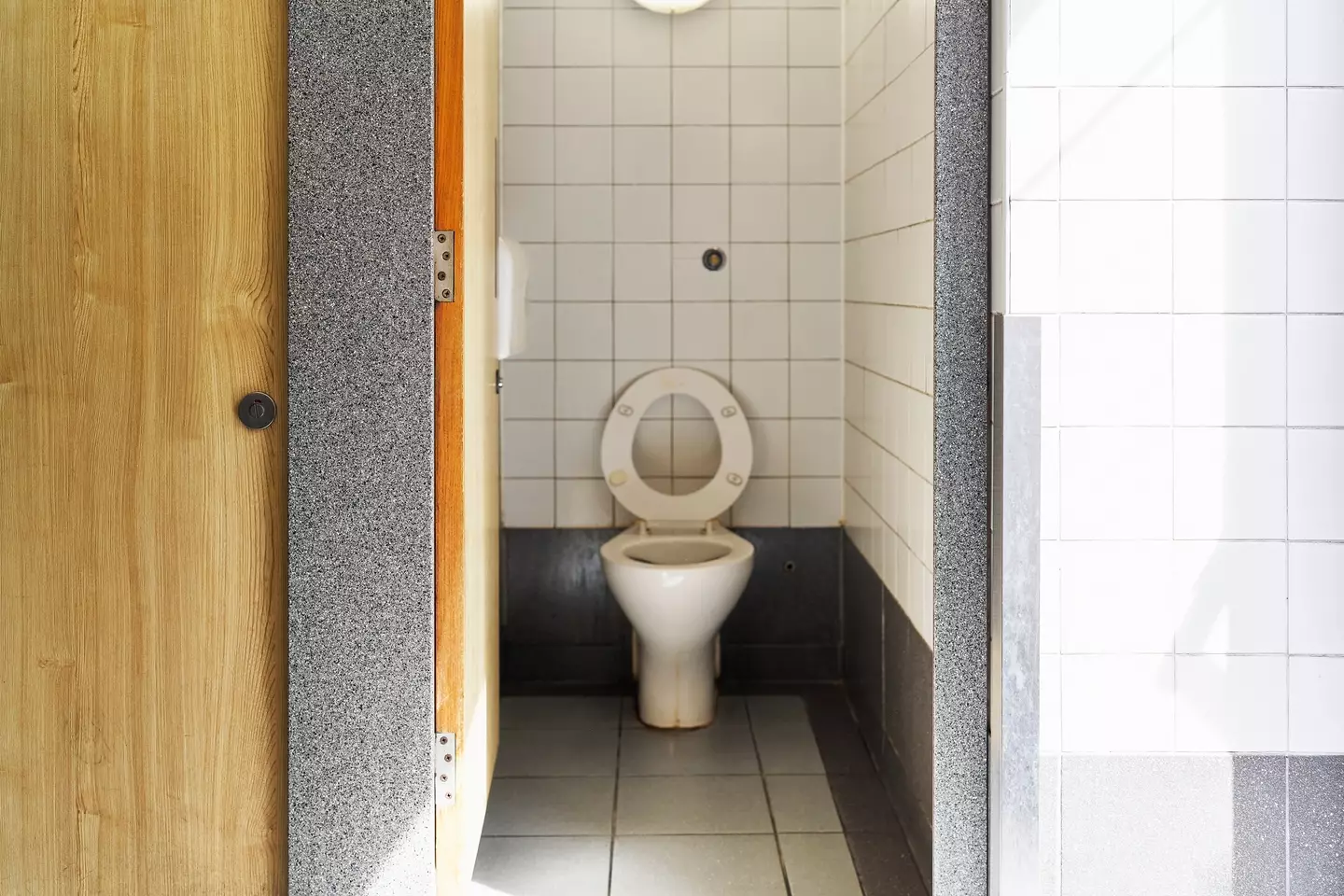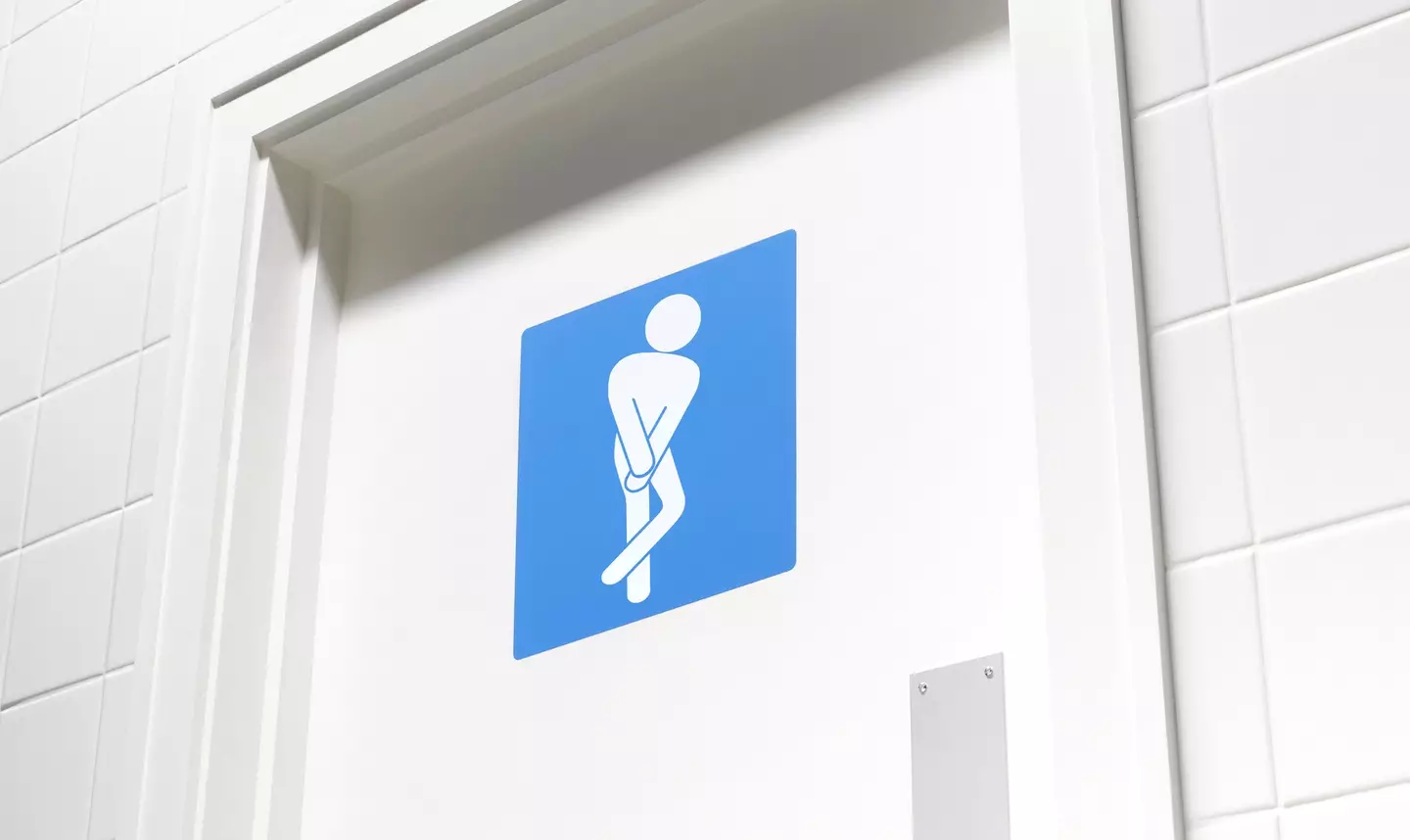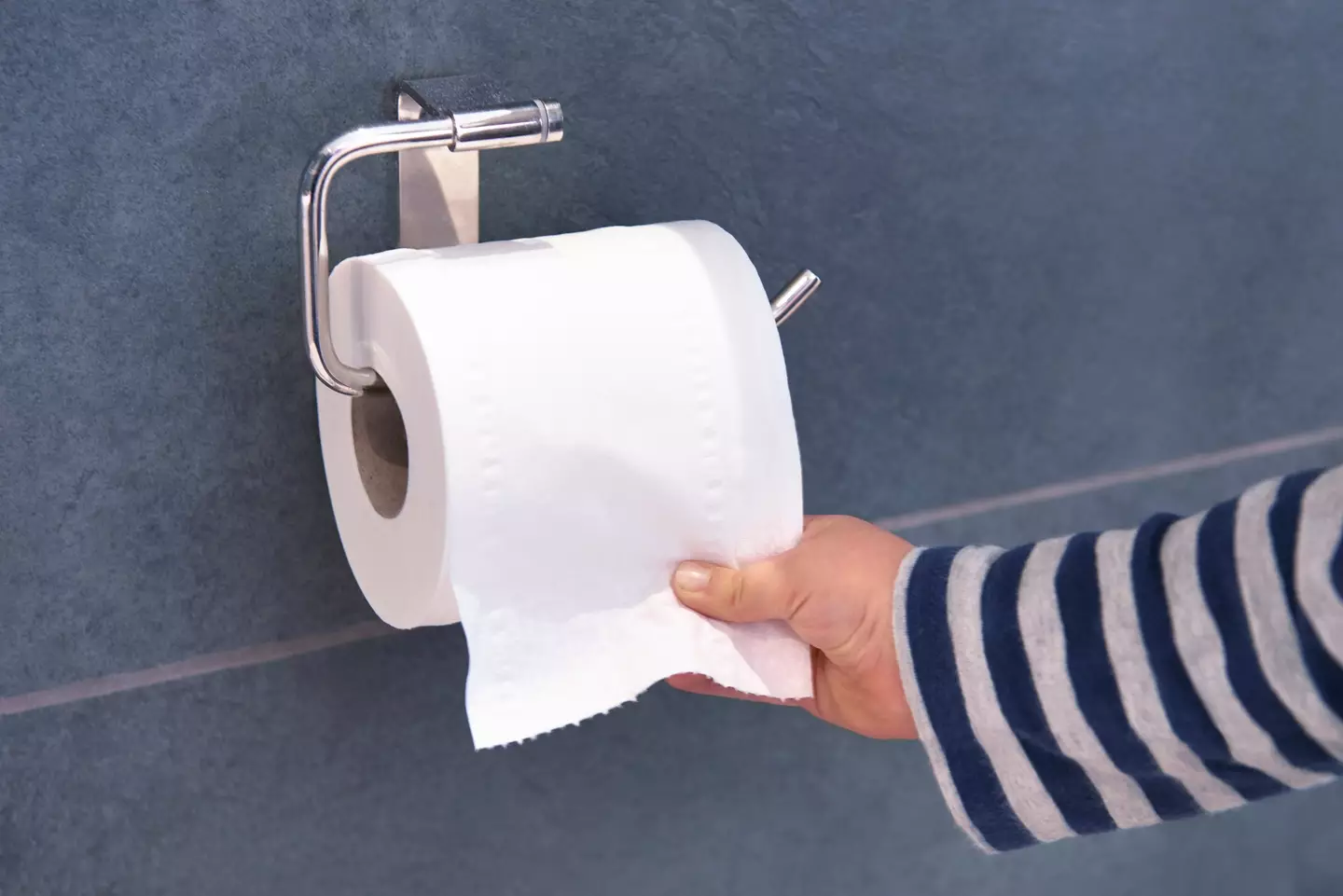Medical professionals and urology specialists advise against the frequent habit of delaying urination, even if it might frustrate your fellow passengers on a road trip.
Despite the discomfort of holding in urine, many of us have postponed bathroom visits by rationalizing that we’ll wait until after one more episode, upon reaching our destination, or when the airline crew has finished with the service cart.

While urinating is a regular activity, have you ever considered what processes are involved?
In a conversation with CNN, Dr. Jason Kim, a clinical associate professor of urology at the Renaissance School of Medicine at Stony Brook University, New York, discussed the mechanism and why it’s crucial to heed our body’s signals to relieve ourselves.
He noted: “There’s a complex neurological system that controls urination. Your kidneys make urine, and then (it’s) funneled down two tubes called ureters to the bladder. I’d say normal bladder capacity is about 400 to 600 (cubic centimeters).”
When the bladder reaches approximately half its capacity, nerve receptors signal the brain that it’s time to urinate.

Despite receiving this signal, the brain instructs the bladder to hold until a ‘socially acceptable’ moment, Kim added.
This isn’t to suggest our brain is attempting to portray us as superhumans who never need to urinate; rather, it has evolutionary roots.
Dr. David Shusterman, a board-certified urologist at NY Urology in New York City, provided insight: “We were built this way because if we just peed as we were walking along, let’s say, the road, our predators would smell us.
“Urine has concentrated toxins in it, which is why your body is trying to get rid of it — and so what ends up happening is you want to hold the toxins in because they have a smell to them, and you want to be able to excrete the toxins in a time where you’re more protected.”

There are times when stepping out to use the bathroom isn’t feasible, but habitually delaying urination can have health repercussions.
Higher Risk of UTIs
One concerning outcome is a heightened risk of bacteria penetrating the urinary tract, leading to urinary tract infections (UTIs).
Urinating helps expel bacteria, but Dr. Jamin Brahmbhatt, a urologist at Orlando Health, warned that delaying could ‘create a breeding ground for bacteria’.
If untreated, a UTI might escalate to a kidney infection, potentially resulting in a bloodstream infection or sepsis.
Weakened Bladder Muscles
Contrary to popular belief, holding your pee can strain and weaken bladder muscles, complicating the complete emptying of your bladder.
“When that happens, you can enter a vicious cycle — more leftover urine means more risk for infections,” Brahmbhatt explained.
Ignoring Signals
Consistently disregarding your body’s signals can dull their intensity.
This doesn’t mean you’ve mastered your bodily functions; rather, it raises the risks previously mentioned.
Potential Kidney Damage
In severe cases, retained urine can backflow into the kidneys, resulting in infections or potential organ damage.
This could also cause hydronephrosis, where kidneys swell, along with symptoms like abdominal pain, cramping, or bladder stones.

To prevent these risks, experts advise responding to your body’s urge to urinate promptly, although a healthy person can typically hold urine for a few hours, a few times weekly, without adverse effects.
Brahmbhatt summarized: “It’s better to go when your body needs to than to hold it in. Carry some disinfecting wipes or a portable seat cover if it makes you more comfortable. Your bladder and future self will thank you!”

